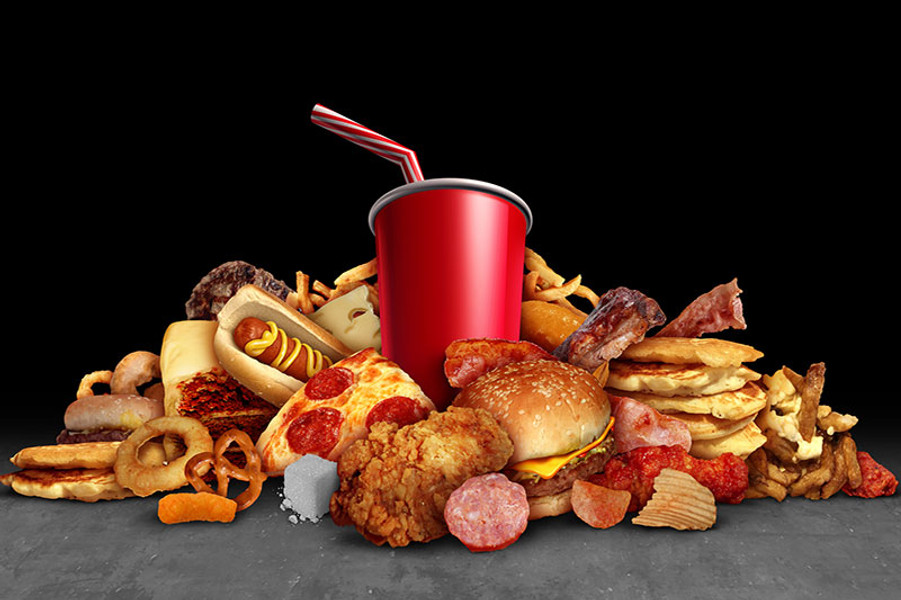Is Your Food Killing Your Heart? The Shocking Truth
Posted by Fresh Harvest Market on 10th Jun 2024
The Impact of Ultra-Processed Food on Heart Health: Unveiling the Risks of Heart Attacks and Strokes
In today's fast-paced world, convenience often takes precedence over health. The proliferation of ultra-processed foods in our diets has become a significant concern for public health. Studies have shown a worrying connection between the consumption of these processed foods and the increased risk of heart attacks and strokes. In this article, we will delve into the scientific research that sheds light on the adverse effects of ultra-processed foods on our cardiovascular health. From understanding what ultra-processed foods are to exploring the concrete evidence linking them to heart issues, this article aims to raise awareness and provide you with the information you need to make informed dietary choices.
What are Ultra-Processed Foods?
Ultra-processed foods are food products that go through extensive processing and contain a plethora of additives, preservatives, and artificial ingredients. These foods are often high in calories, sugar, unhealthy fats, and salt while lacking essential nutrients. Common examples include sugary cereals, fast food, packaged snacks, and soft drinks.
The Rise of Ultra-Processed Foods
Over the past few decades, there has been a significant increase in the consumption of ultra-processed foods. The convenience, affordability, and addictive nature of these products have contributed to their popularity. However, their widespread availability has raised concerns about their impact on public health.
The Heart-Processed Food Connection
Several studies have highlighted a troubling correlation between ultra-processed food consumption and the risk of heart-related issues. These findings indicate that the type and quality of food we consume play a pivotal role in our cardiovascular health.
High in Added Sugars
One of the primary culprits in ultra-processed foods is the excessive amount of added sugars. Consuming too much sugar can lead to weight gain, diabetes, and, ultimately, an increased risk of heart attacks and strokes.
Excessive Salt Intake
Ultra-processed foods are often laden with salt to enhance flavor and prolong shelf life. High salt intake can elevate blood pressure, a well-known risk factor for heart disease.
Trans Fats and Unhealthy Fats
Many ultra-processed foods contain trans fats and unhealthy saturated fats. These fats can raise bad cholesterol levels and increase the risk of coronary artery disease.
Reduced Nutrient Content
Ultra-processed foods are typically low in essential nutrients like fiber, vitamins, and minerals. A diet deficient in these nutrients can negatively impact heart health.
Impact on Blood Vessels
Studies have shown that the consumption of ultra-processed foods can lead to the dysfunction of blood vessels, making them more susceptible to inflammation and plaque buildup.
Obesity and Metabolic Syndrome
The high caloric content of ultra-processed foods can contribute to obesity and metabolic syndrome, both of which are risk factors for heart disease.
In conclusion, the evidence is clear - ultra-processed foods significantly raise the risk of heart attacks and strokes. Their high sugar, salt, and unhealthy fat content, coupled with their low nutrient value, makes them a serious threat to cardiovascular health. To protect your heart, it's crucial to reduce the consumption of these foods and focus on a diet rich in whole, unprocessed foods. By making informed dietary choices, you can significantly lower your risk of heart-related issues and lead a healthier, happier life.
As you embark on your journey to better heart health, remember that it's not just about what you avoid but also about the nourishing, whole foods you include in your diet. Your heart will thank you for it.

